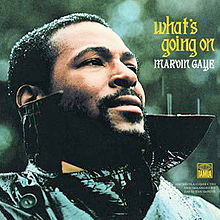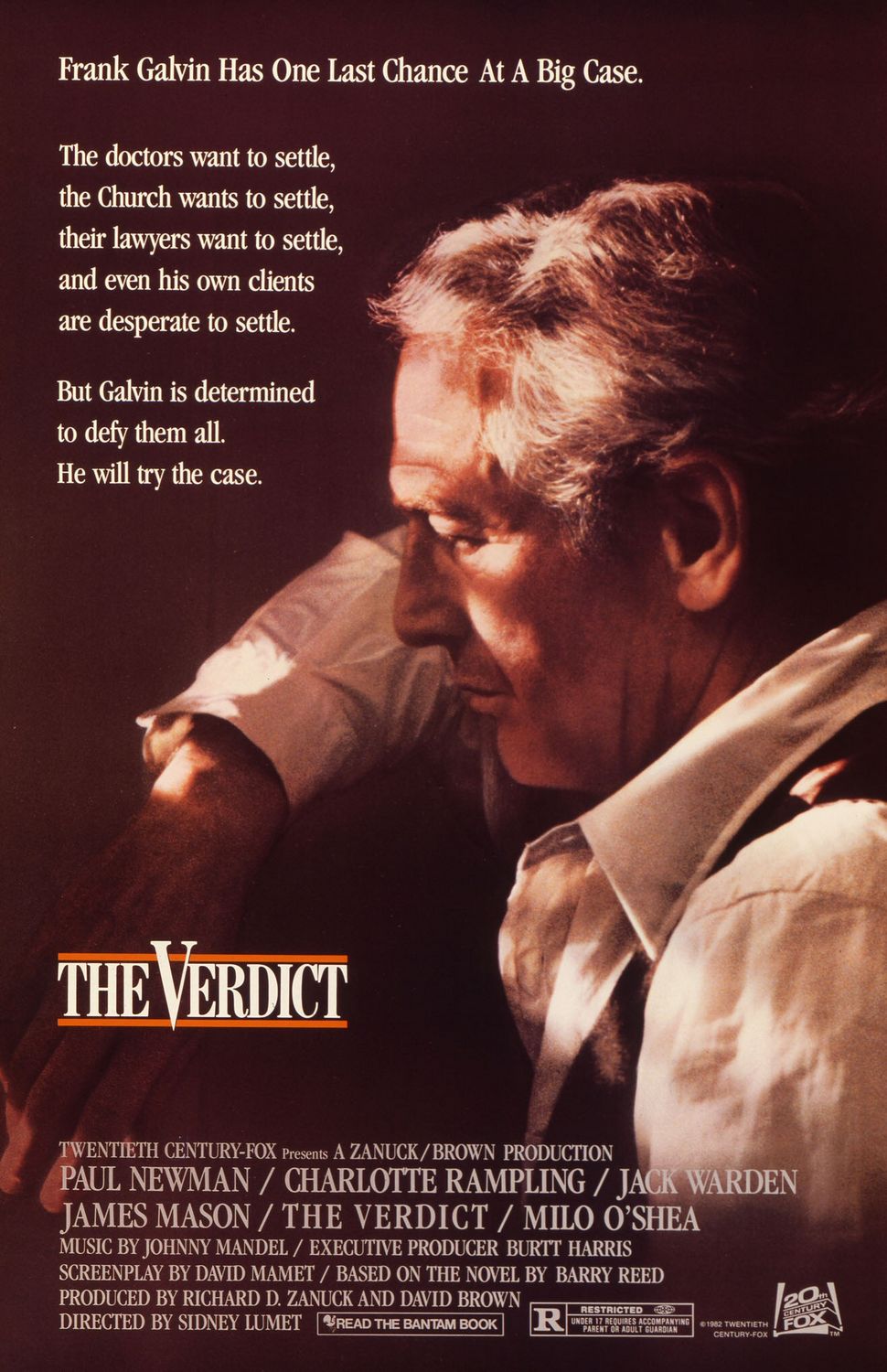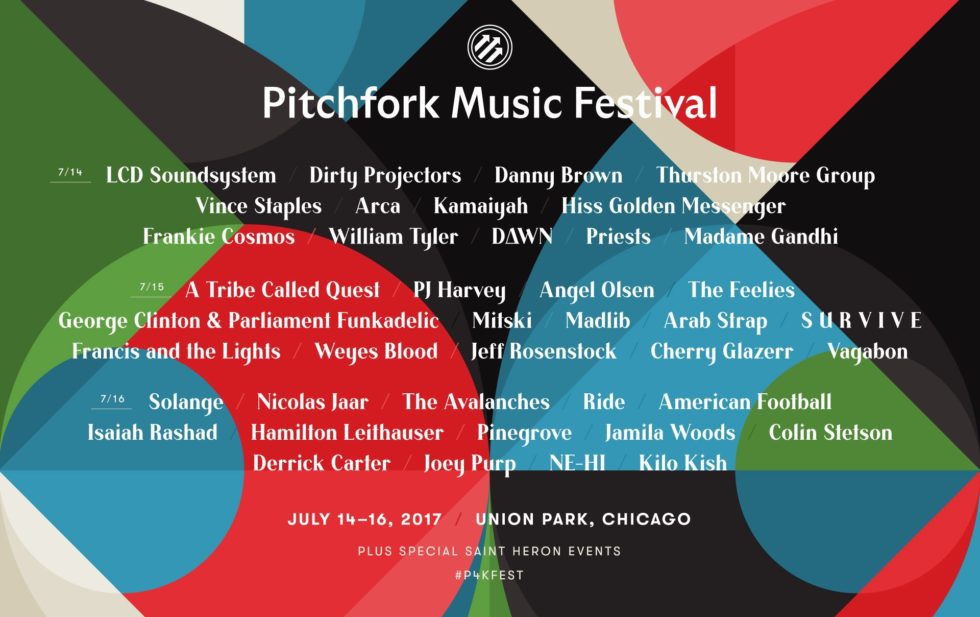We're seeking new members for our 2025 Board of Directors, as well as our founding Associate Board for young professionals 35 and under. Details and application at each of the links above.
The CHIRP Blog
Josh Friedberg: Music Historian's Corner writesRediscovering Our Record Collections: “What’s Going On” by Marvin Gaye
by Josh Friedberg
 I don’t know I’ve ever been so wrong about an album in my life.
I don’t know I’ve ever been so wrong about an album in my life.
When I was younger, there were a lot of albums I called “overrated” after one casual listen because I didn’t understand the hype around them. It’s true, as I thought in the early 2000s, that Marvin Gaye’s 1971 soul masterpiece, What’s Going On, is a sacred cow, often treated with such reverence as if it is immune to criticism. It shouldn’t be, but perhaps it needs to be put in a fuller social context (the Vietnam War, African American freedom struggles, environmental degradation, youth movements, etc.) to be most appreciated.
That said, Smokey Robinson was right when he said around 2000 that the album makes more sense today than it did when it was released—deindustrialization and the growth of the prison-industrial complex, among other factors, have disastrously impacted communities of color in this country, and today Gaye’s opus continues to resonate amid the turmoil that spawned Black Lives Matter.
What’s Going On is also the most acclaimed album ever by an African American artist, according to statistical aggregate acclaimedmusic.net. White rock critics have loved this album since it came out, with Dave Marsh calling it the greatest black pop album ever, though African American critics have also lauded this album. For example, Cornel West called it something like the greatest musical achievement created by an African American.
So one could be forgiven for having unusually high expectations for such an album. When I first heard the album on CD, I was very familiar with the title track, widely hailed as one of the greatest songs ever recorded, but I was unprepared to deal with an album that was conceived as an album, rather than a collection of songs. There are some relative fragments on What’s Going On that don’t stand out like the singles do, and I was merciless in my response. At one point in the first half of the 2000s, I guested on a music talk show talking about overrated albums, calling out What’s Going On for inconsistency—as if consistency of quality across tracks should be the goal of every album.
SKaiser writes@CHIRPRadio (Week of July 17)
UPCOMING EVENTS
- CHIRP Radio and Kickstand Productions present Elf Power at the Beat Kitchen (2100 W. Belmont Ave) on Tuesday, July 18 | 8:30 PM | 21+
- Join us at the Old Town School of Folk Music (4544 N. Lincoln Ave) to welcome Okkervil River on Friday, July 21 | 10:00 PM | All Ages
- Bi-monthly CHIRP Radio Book Club - Can't Stop Won't Stop at Transister (5224 N. Clark) on Sunday, July 23 | 7:00 PM
NEW MEDIA
- Pitchfork Music Fest: Day 1 photos by Layne Lindroth
- The Fourth Wall: The Verdict with Clarence Ewing and Kevin Fullam
- Amelia Hruby caught up with local legend BJ the Chicago Kid at Mamby on the Beach and talked about his recent Grammy nominations
- In Rotation: 88 Fingers Louie
- Ken Smith reviews Mamby on the Beach 2017
- Weatherman talked with Amelia Hruby about how the band got together, their upcoming record, and the future of the group as members move across land and sea
Layne Lindroth writes2017 Pitchfork Music Festival: Day 1
photos by Layne Lindroth
With a fired-up crowd and near-perfect weather, the 2017 Pitchfork Music festival kicked off on Friday with a full schedule of new and veteran artists representing a variety of genres. Union Park was rocking all afternoon and evening...and it was just day one!

Kevin Fullam writesThe Fourth Wall: The Verdict
Welcome to The Fourth Wall, CHIRP's weekly e-conversation on cinema. This week's subject is the Paul Newman legal drama The Verdict.
This edition is written by CHIRP Radio volunteers Kevin Fullam and Clarence Ewing.
 Kevin:
Kevin:
Why do courtrooms make for perfect Hollywood environments?
1) The guts of the action is contained within one arena.
2) The proceedings allow for star thespians to showcase their dramatic chops through impassioned arguments and clever questioning.
3) As in sports, cases usually offer up clear winners and losers -- with an added benefit of suspense right before the jury announces a verdict.
I grew up watching Perry Mason telemovies -- where Mason would not only successfully defend his own clients, but also reveal the trueculprits through his infamous "Isn't it true..." interrogations. It's interesting how criminal defense attorneys are generally not held in high regard by the much of the public in real life... the unfortunate perception is often that they're defending crooks, right? But in fiction, they have made for some rather popular big-screen heroes. (To Kill a Mockingbird, A Few Good Men, etc.)
Another segment of the legal profession that's generally treated with derision? Malpractice lawyers, often considered a subset of the "ambulance-chaser" contingent whose growing presence has inspired heated debates on tort reform. In 1982's The Verdict, Frank Galvin (Paul Newman) is one of those attorneys, although he's clearly down on his luck and spending far more time playing pinball at the local pub than working on cases.
Frank has been offered one last lifeline from longtime colleague/mentor Mickey (Jack Warden) -- a case where a pregnant woman was given an anesthetic during childbirth, wound up vomiting due to a mixup re: her last meal, and has since become comatose. It's an open-and-shut settlement; the Archdiocese running the Boston hospital doesn't want the negative attention of a trial, and Galvin stands to clear a healthy sum with his 1/3 cut of the payoff.
Clarence Ewing: The Million Year Trip writesPitchfork 2017 Is Here!
The 12th annual Pitchfork Music Festival is here! Headlined by LCD Soundsystem, A Tribe Called Quest, and Solange, it’s going to be a weekend of music, music, and music in Union Park. CHIRP Radio will also be there hosting the CHIRP Record Fair and Other Delights. OTher attractions include Flatstock, Renegade Craft Fair, Book Fort, and a host of non-profits and independent vendors.
A few single day tickets are still available - you can get them here. We'll see you there!
